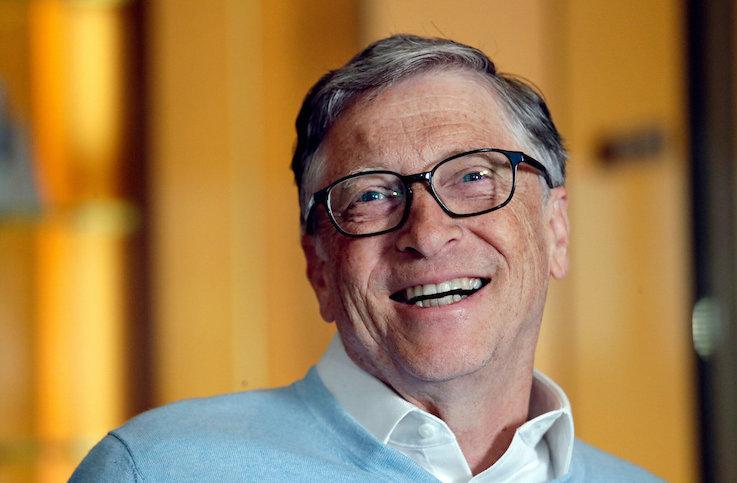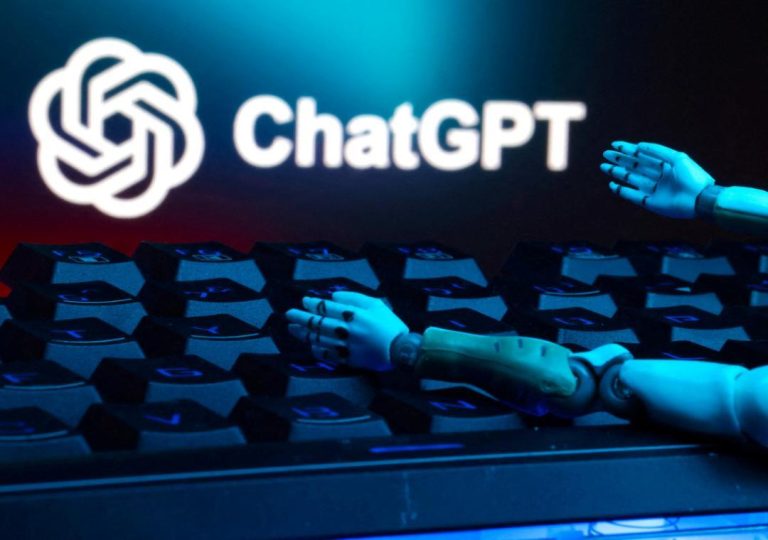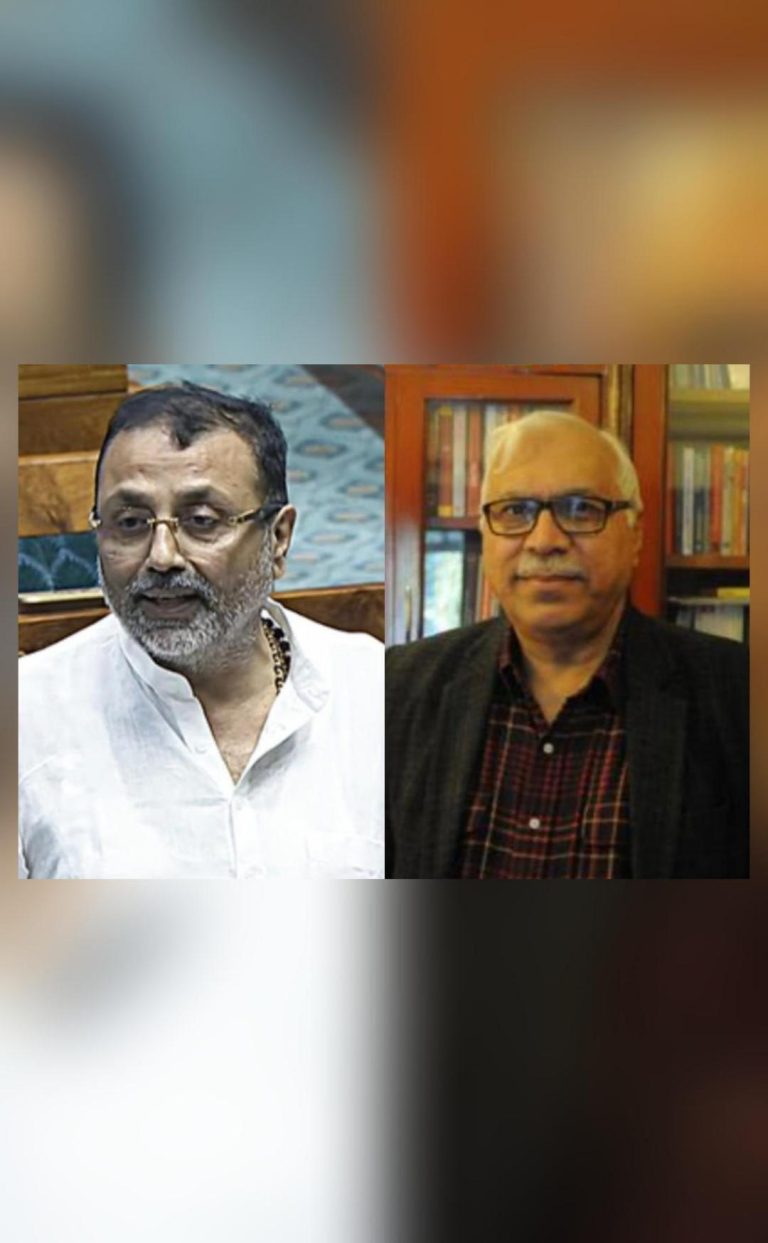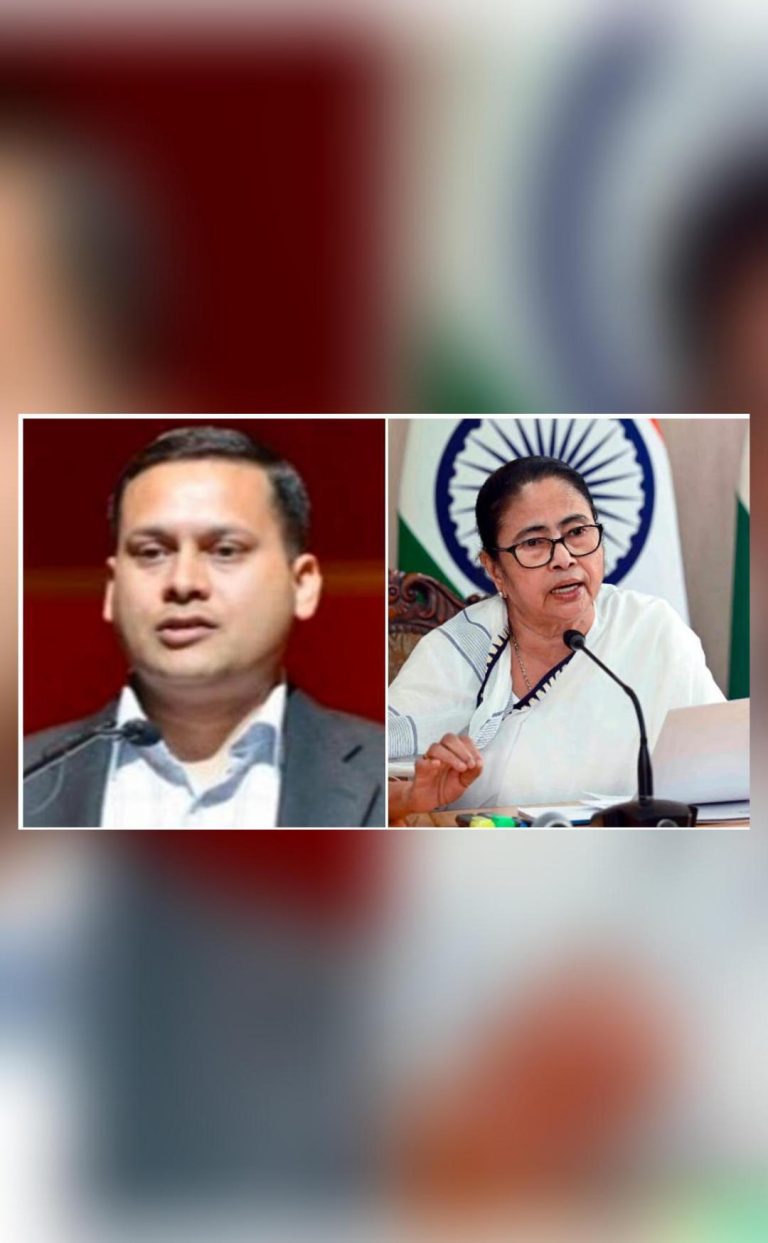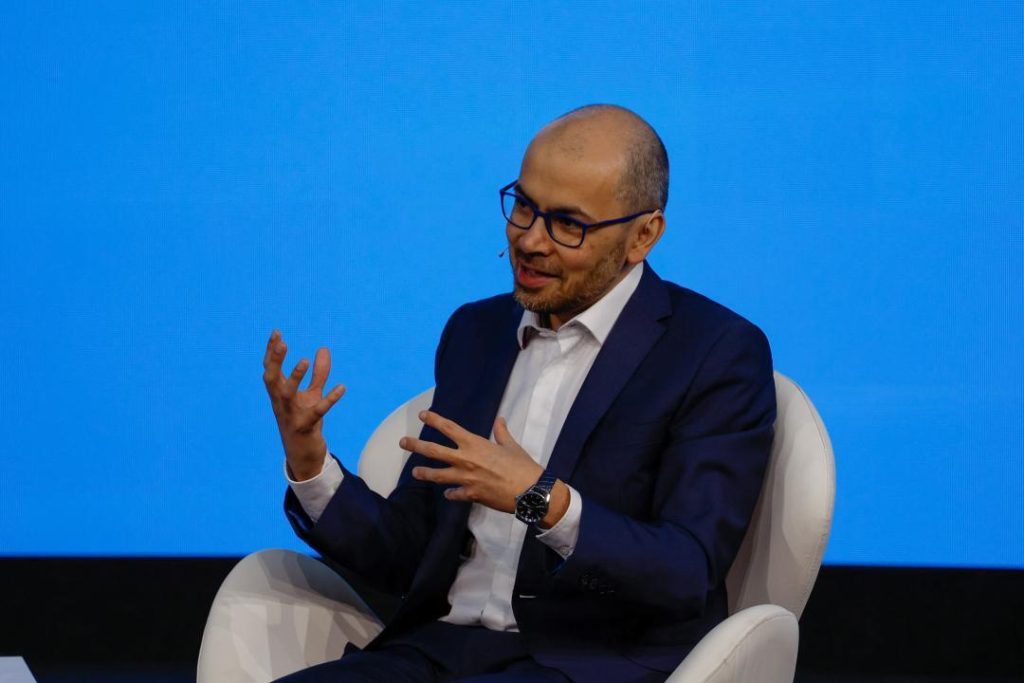
AI that Can Match Humans at Any Task May Arrive in 5 to 10 Years: Google DeepMind CEO
The rapid advancements in artificial intelligence (AI) have been nothing short of astonishing in recent years. From beating human champions in complex games like Go and chess to performing complex medical diagnoses, AI has come a long way in demonstrating its capabilities. However, according to Demis Hassabis, CEO of Google DeepMind, we may be on the cusp of a significant breakthrough that could change the game forever.
Speaking at a briefing at DeepMind’s London headquarters, Hassabis suggested that AI that can match humans at any task may arrive in as little as 5 to 10 years. This is a bold claim, especially considering the complexities involved in replicating human intelligence. However, Hassabis’ statement is backed by significant advancements made in the field of AI research, including the development of more powerful neural networks and the increasing availability of large datasets.
According to Hassabis, today’s AI systems are still somewhat limited in their capabilities, despite their impressive achievements. “Today’s systems…are very passive…but there’s still a lot of things they can’t do,” he stated. “Over…next 5-10 years…a lot of those capabilities will start coming to the fore.”
So, what does this mean for the future of AI? Hassabis’ statement suggests that we may be on the verge of a major breakthrough that could enable AI systems to perform any task that humans can. This could have significant implications for a wide range of industries, from healthcare and finance to education and entertainment.
One of the key challenges facing AI researchers is the development of more advanced neural networks that can mimic the human brain’s ability to learn and adapt. Hassabis believes that recent breakthroughs in this area, such as the development of more powerful GPU architectures and the creation of large datasets, will play a key role in enabling AI systems to match human capabilities.
“For a long time, we’ve been thinking about AI as a narrow set of problems, like image recognition or language processing,” Hassabis said. “But now, we’re starting to think about AI as a general-purpose technology that can be applied to any problem.”
This shift towards more general-purpose AI systems is already underway, with researchers making significant progress in areas such as natural language processing, computer vision, and robotics. For example, researchers at DeepMind have recently developed an AI system that can learn to perform complex medical diagnoses, such as identifying lung nodules in X-rays, by analyzing large datasets of medical images.
While the prospect of AI systems that can match humans at any task is certainly exciting, it also raises important questions about the potential impact on human jobs and society as a whole. As AI systems become more advanced and capable, there is a risk that they could displace human workers in certain industries, leading to significant social and economic disruption.
However, Hassabis believes that the benefits of more advanced AI systems will far outweigh the risks. “AI is not going to replace humans, it’s going to augment them,” he said. “We’ll be able to focus on the things that are most valuable to us, and let the machines do the tedious work.”
In conclusion, Demis Hassabis’ statement suggests that we may be on the cusp of a major breakthrough in AI research that could enable systems to match humans at any task. While this is a bold claim, it is backed by significant advancements made in the field of AI research, including the development of more powerful neural networks and the increasing availability of large datasets.
As we look to the future, it will be important to continue to invest in AI research and development, while also addressing the important questions and challenges related to the potential impact of more advanced AI systems on human society. With the right approach, the potential benefits of more advanced AI systems could be significant, enabling us to focus on the things that are most valuable to us, and to create a better future for all.

